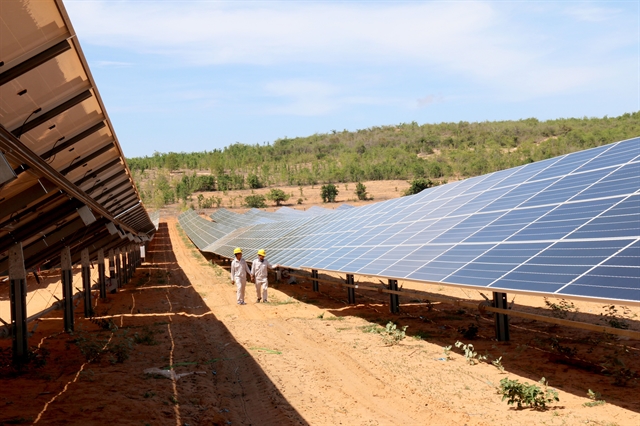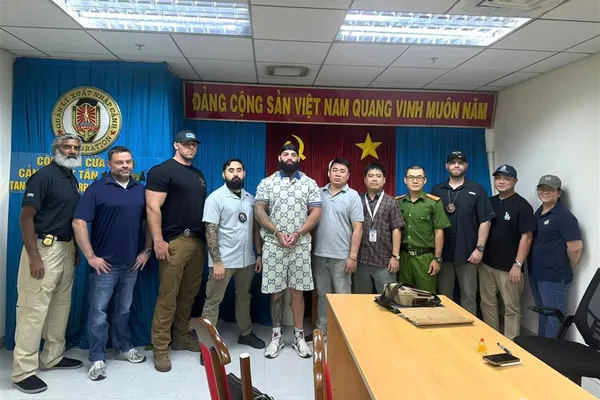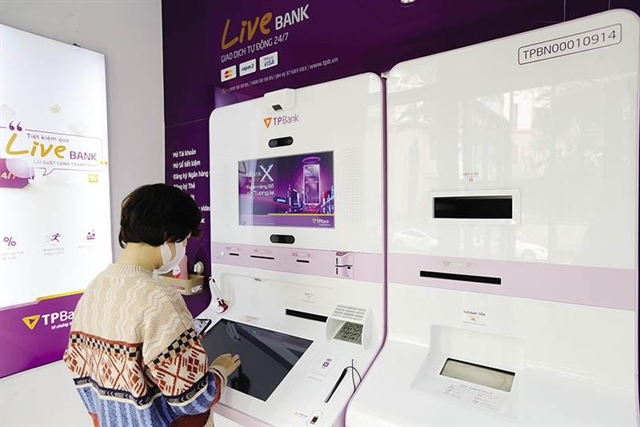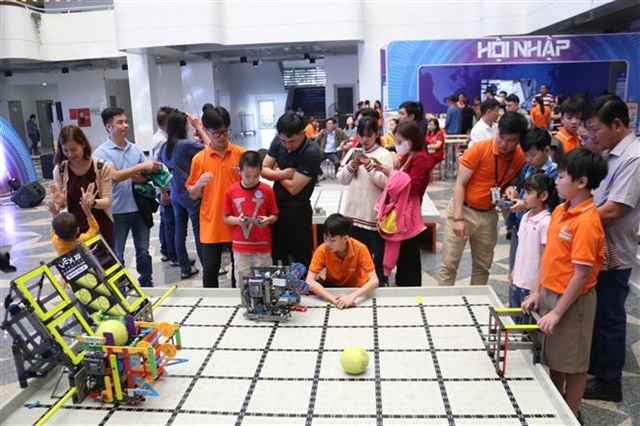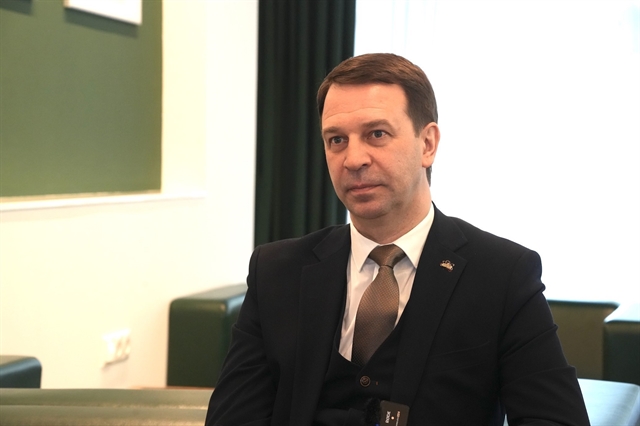 Opinion
Opinion
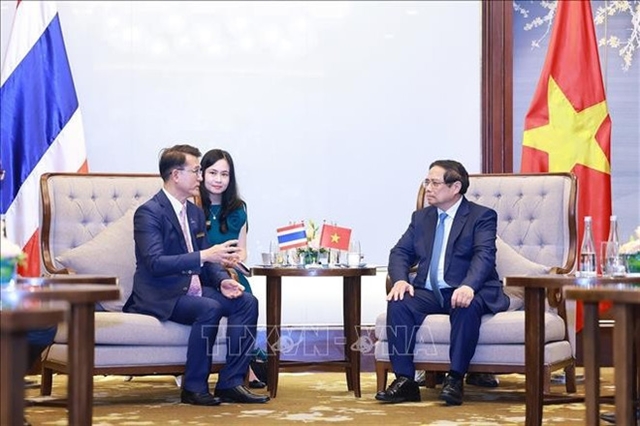
 |
| Dr Simon Best, senior lecturer in Management and Innovation at Middlesex University, VNA/VNS Photo |
LONDON — Unlike countries bound by historical traditions that are very difficult to change, Việt Nam, as a developing country, has advantages in developing science, technology, and innovation.
This view was shared by Dr Simon Best, senior lecturer in Management and Innovation at Middlesex University, during a recent interview with Vietnam News Agency correspondents in the UK.
According to Dr Best, looking at the technological changes that are happening now, the world has gone deeply into the Fourth Industrial Revolution. Resolution No.57-NQ/TW on making breakthroughs in science, technology, innovation, and national digital transformation is a positive signal showing that Vietnam is already embracing and engaging in change.
He pointed out that Việt Nam has enough enterprising and entrepreneurial people that don't need as much input from other countries in promoting innovation, recommending the country may start by looking carefully at its own resources.
Speaking about the UK’s experiences in developing human resources for science and technology, Dr Best said Việt Nam can learn from problems facing UK universities in this process, pointing to a massive transition in terms of how universities can compete against other sources of information.
He said that since the creation of the internet, universities are no longer the creators, holders and disseminators of information. The internet has taken that away while higher education institutions have yet to adjust to this, and this applies to the UK and Việt Nam.
He cited an example of AI, which has been around for at least five or six years, many universities in the UK don't have programmes or modules teaching students, including STEM students, the behavioural aspects of understanding AI, machine learning, automation and so on.
In order to address this, universities cannot just teach the technical aspects, Dr Best said, stressing that STEM programmes need to make sure that students have the understanding of how to apply technical knowledge as well as get additional training in things like entrepreneurship and innovation.
He also stressed the importance of cross-discipline collaboration to develop better human resources to go into industry, businesses and organisations, saying this cross-collaboration across different faculties or different expertise is crucial.
The scholar said STEM has and will underpin all development, but STEM alone is not enough, pointing out the industrial revolution was led by practitioners (engineers and business people), not researchers or academics. Therefore, ways should be found to cut across the silos in industry and academia and create cross-discipline programmes from the pre-university level to university level.
Dr Best pointed out survey after survey of all employers show that the ability to solve complex problems collaboratively are the key skills they need. In this sense, STEM students need to learn soft skills to enable them to develop critical thinking and collaboration skills to work with people from very different backgrounds.
In his opinion, to promote the development of science, technology and innovation, there should be small local hubs that bring together all different-sized businesses to explore and share IT resources and innovations while the distillation of technology from large businesses to smaller businesses (AI, machine learning, automation) should be sped up as well as incentives for smaller businesses to adopt technology should be provided.
In addition, a local-level business ecosystem map that shows how different sectors can support each other should also be built.
To promote efficient collaboration between the state, scientists and entrepreneurs, he suggested Việt Nam invest in Erasmus Plus-style projects that bring together industry (both small and large) universities, and educational institutes to develop changes in the educational system.
In this mechanism, the government can invite businesses to identify issues and problems they have around developing human resources, particularly from STEM students, and also how they can collaborate more on ideas and projects. The businesses then bring their ideas to the government which then publishes them and invites universities and other companies to join the project and provide certain funds to cover the cost of running the project.
Speaking about how Vietnamese intellectuals overseas can contribute to their country, Dr Best said millions of ethnic Vietnamese all over the world are an incredible, rich, and valuable resource. He recommended the country adopt mechanisms to build relationship between the country and the overseas Vietnamese intellectual community, encouraging them to come back and engage more with the country. — VNS

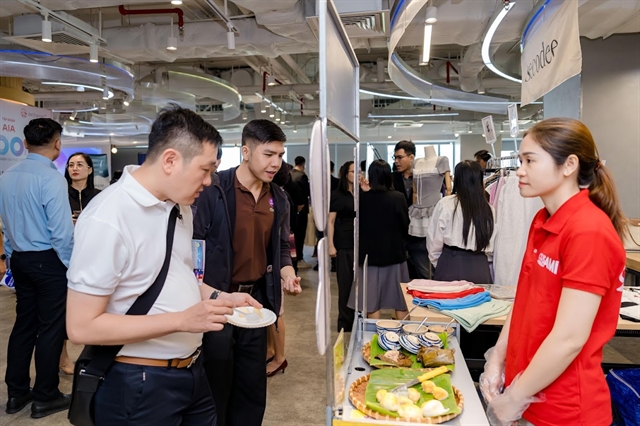

.jpg)
